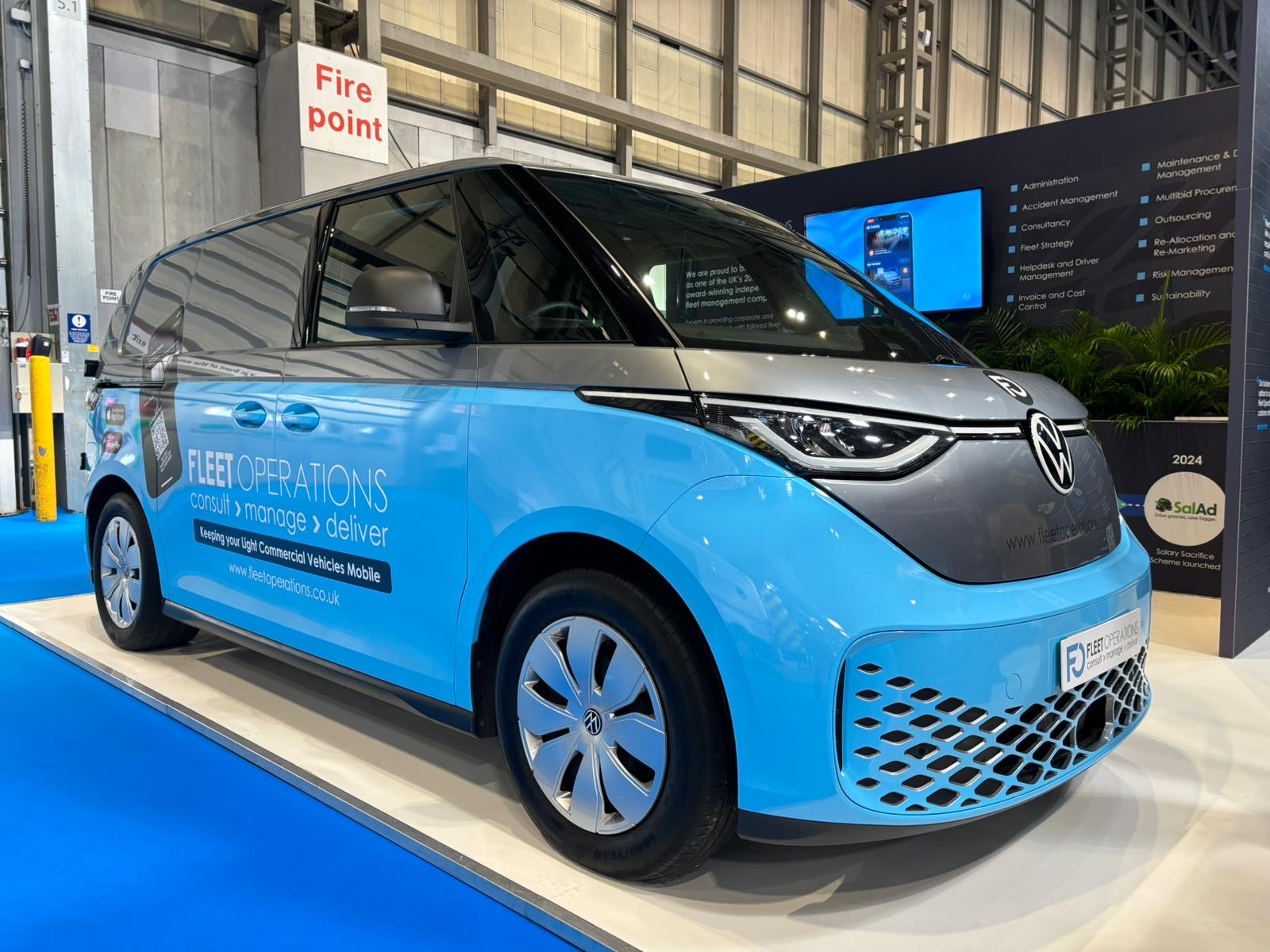
Revolution on wheels: a spotlight on ‘conventional’ van innovations
Staying updated on the latest van innovations – in the fast-paced world of fleet management – can be crucial for optimising cost-efficient operations.
While electric light commercial vehicles (eLCVs) often steal the spotlight, it’s important not to overlook the significant advancements that continue to be made in the world of conventional vans.
Indeed, with concerns remaining over range, infrastructure and their suitability for specific business use case, many fleet operators may not yet be ready for electric van adoption. The continued enhancement of conventional LCVs, consequently, remains vital.
Here, we explore five developments from van manufacturers that are helping to redefine efficiency, performance and safety.
- Advanced fuel efficiency technologies
Fuel efficiency remains a paramount concern for fleet operators, and 2024 brings promising advancements in this arena.
Manufacturers are now integrating smarter, more efficient engines and transmission systems that not only meet but exceed current emissions standards.
The introduction of turbocharged engines that can adjust to load and driving conditions in real time, for example, helps reduce fuel consumption significantly.
These engines are designed to provide the optimal balance between power and efficiency, making them ideal for the varied demands of fleet operations.
- Enhanced safety features
Safety technology is evolving rapidly, and the latest conventional vans are now rolling off production lines equipped with systems that could only previously be found in high-end passenger cars.
Features such as adaptive cruise control, lane keeping assist and blind spot monitoring are becoming standard in many models.
Additionally, manufacturers have begun implementing advanced emergency braking systems that use radar and camera technology to detect potential collisions before they occur, significantly enhancing driver and cargo safety.
- Improved load capacity and versatility
Understanding the diverse needs of businesses, van manufacturers have innovated extensively in maximising internal space and versatility.
The latest models boast increased payload capacities without compromising vehicle size or manoeuvrability.
Innovations such as adjustable shelving, integrated tool racks and modular flooring systems allow for custom configurations that can be tailored to specific operational needs, from delivery services to mobile workshops.
- Robust telematics and fleet management systems
Telematics technology has become indispensable in fleet management, and the latest vans are at the forefront of this trend.
These vehicles come equipped with built-in GPS tracking, real-time diagnostics and data analytics capabilities, providing fleet managers with invaluable insights into vehicle performance, maintenance needs and driver behaviour.
Such integrated systems not only enhance the efficiency of fleet operations but also contribute to significant cost savings in the long run.
- Refined driver comfort and ergonomics
Recognising that driver comfort directly impacts productivity and job satisfaction, van manufacturers continue to pay heed to the driver’s environment.
Ergonomically designed seats, improved cabin insulation and advanced climate control systems ensure that drivers can operate in comfort even during long shifts.
Additionally, modern vans feature enhanced connectivity options, including touchscreen interfaces, voice-activated controls and mobile integration, making it easier for drivers to stay connected.
Driving forward: the future of fleet innovation
The evolution of LCVs is geared towards creating more sustainable, efficient and safer fleet operations.
Vehicle developments reflect the industry’s commitment to innovation and its ability to adapt to the changing needs of businesses.
For fleet managers, staying abreast of these advancements is key to making informed decisions that help drive operational success and sustainability.
The future of fleet operations is not just about transitioning to electric vehicles, through continuous innovation, it’s also about maximising the potential of conventional vans – which, for the time being at least, continue to represent the workhorses of the UK economy.
